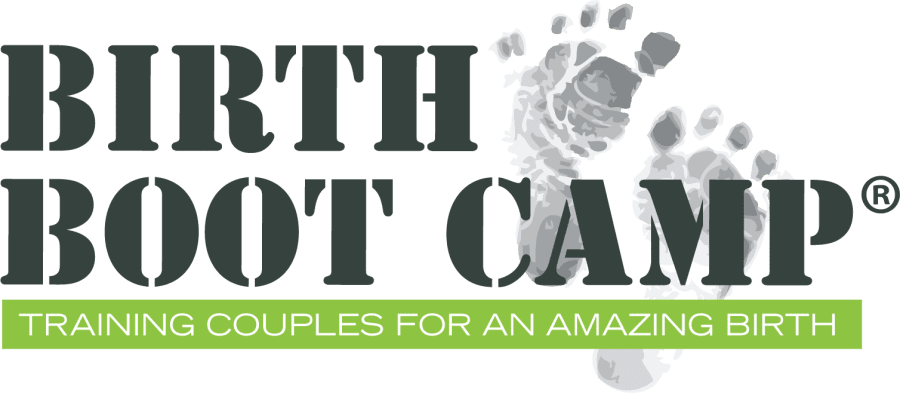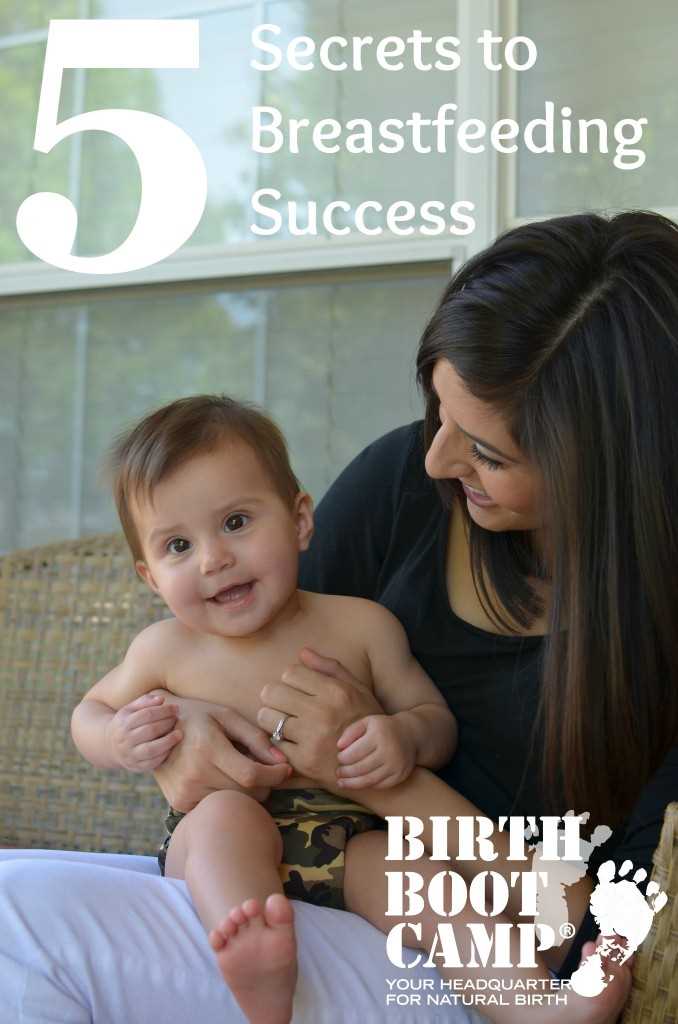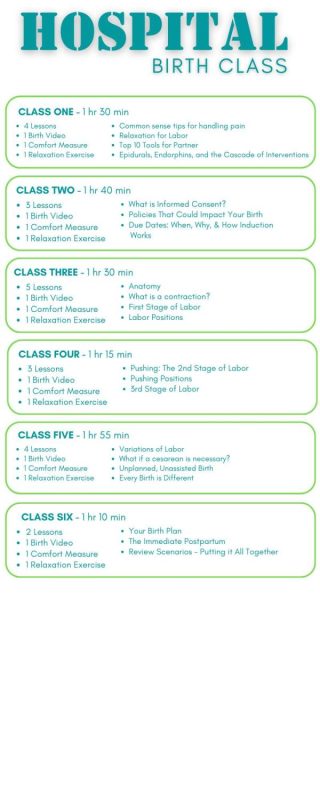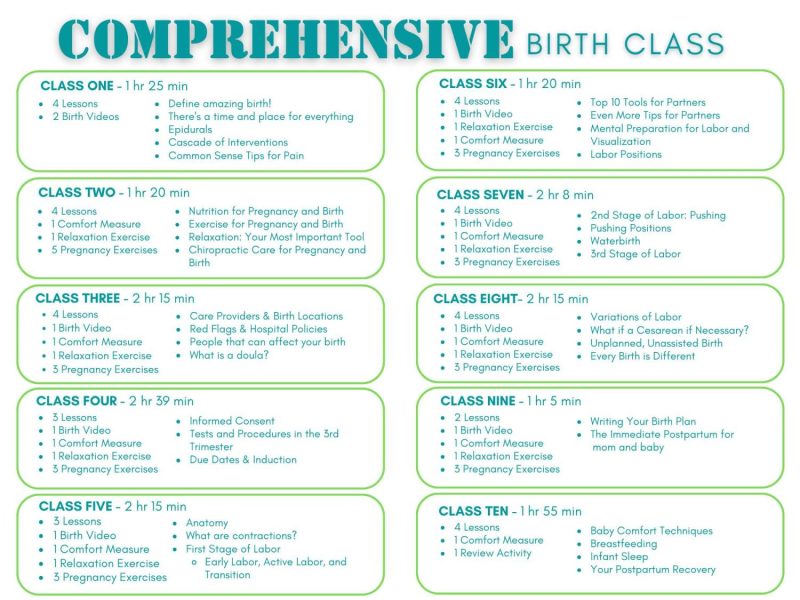5 Secrets to Breastfeeding Success
We have all heard about breastfeeding and the benefits it can have for baby. There are posters in hospitals and waiting rooms and WIC offices. Yet when it comes down to actually breastfeeding exclusively for the recommended six months (and six more after solids are started), success rates are low. Why is it it that something we all know we should do seems so hard to accomplish?
There are lots of reasons to love breastfeeding and strive for success. It is great for baby, has health benefits for mom, and helps promote bonding as well as encouraging mom to sit down and relax multiple times a day. But one of our favorite things about breastfeeding is that no matter how your birth goes, breastfeeding matters. Whether you have a natural home birth or a scheduled cesarean, the breastfeeding relationship can be healing and joyful.
Here are five secrets to breastfeeding success that can help you be successful in reaching your nursing goals.
1. Breastfeeding shouldn’t be painful.
While it is true that some pain is a little normal some for the first few days of nursing, this isn’t universal. In addition, the excruciating pain that many women experience is decidedly not part of properly breastfeeding. There is a lot to be said for breastfeeding preparation.
Let’s talk about the difference between pain with a problem and slight pain that will disappear. What can be normal is a little bit of pain just when the baby first latches on and milk lets down. Some women describe letdown (when the milk begins to eject) as painful, others as a tingling sensation. Also, the first few days some women describe pain just when the baby latches on but this goes away after a minute or so.
It is not normal for the entire breastfeeding experience to be painful, excruciating, stabbing, or otherwise unbearable. Many women are incredibly dedicated to breastfeeding and will try to “push through†this pain. This is not the solution and will only end in things getting progressively worse. Seek help immediately. This brings us to point number two.
2. People you think can help you with breastfeeding often can’t.
While it is very helpful to have friends, sisters, and mothers who breastfed and are supportive of your decision to breastfeed, this isn’t always enough. Many women who nursed their own babies can’t necessarily teach you how to resolve basic breastfeeding problems.
Let’s say that nursing happens to be painful for you, who will you call? The internet and our friends and relatives can be full of advice, but it is not always good or correct advice. This can range from, “It is supposed to hurt,†to “That never happened to me.†Women even get terrible advice from pediatricians and obstetricians because these medical experts are not necessarily experts in breastfeeding. So who SHOULD you call? Check out number three.
3. Prepare for breastfeeding with support people.
Breastfeeding is often more successful when women have properly trained breastfeeding support at their fingertips before they even give birth.
First- find an IBCLC (international board certified lactation consultant) who you can call or visit after the baby. If you never use her, great! But if you need her you won’t be searching. Note that there are many people who call themselves lactation consultants but an IBCLC is the most trained lactation consultant or specialist you will find.
Second, find a good community support organization that trains their volunteers. La Leche League is often the go-to in this situation because their leaders are well trained and their meetings are free and throughout the country. The women attending are often at all different places in their breastfeeding journey from nursing the newborn to adding solids to weaning a toddler or tandem nursing. Seeing this can help gain perspective and learn from their experience. There are other national breastfeeding organizations as well as local groups. Search for those in your area. Your IBCLC should be able to help.
Having phone numbers of these people on hand before the birth is great. Having met them or attended a meeting prior to delivery is even better. This gets introductions out of the way before you have any issues and when you can schedule things more easily. Plus, if you happen to be someone who has no family or friend support, you will be building your future parenting community.
4. Common procedures can interfere with breastfeeding.
Some of the things that are often done to a baby just after the birth can actually disrupt the breastfeeding relationship. Because these interventions are so widespread and so soon after the birth we often don’t see the correlation. What do you need to know that can help you have a successful breastfeeding relationship?
Hold your baby immediately and put them to the breast- That first nursing session shouldn’t begin 5 hours after the birth but as soon as possible. The bath can wait, as can the weighing and grandma holding. Mother and baby and breastfeeding come first.
Beware of shoving things in the mouth of the baby. Many believe that invasive oral procedures can cause infants to reject the breast. They are programmed to want to nurse- don’t distract them, or worse, hurt them, with foreign objects in their mouth. This can include pacifiers in the early days.
While not documented with studies, some also believe that circumcision can disrupt breastfeeding. You can read more about circumcision here.
5. Your birth experience often influences the breastfeeding experience.
A labor or birth that involves pain medication, cesarean section and even pitocin can have a negative impact on breastfeeding.
Studies have found that pitocin can increase the chances of jaundice in the newborn. This matters for breastfeeding because jaundice can cause a baby to be lethargic and tired, so much so that it can make breastfeeding problematic.
Many different types of pain medication have been associated with trouble with breastfeeding and have been correlated with weak suck in the infant which makes it harder for them to empty the breast and nurse appropriately.
Cesarean section has a significant association with lowering breastfeeding success also. It is clear that common birth interventions can have a negative impact on breastfeeding.
Breastfeeding is about as natural as life gets. That doesn’t mean that it always comes easy or can’t benefit from some preparation and knowledge. Arm yourself with support, knowledge, education, people, a great birth and nursing soon after the birth to make your transition to parenthood that much easier.








